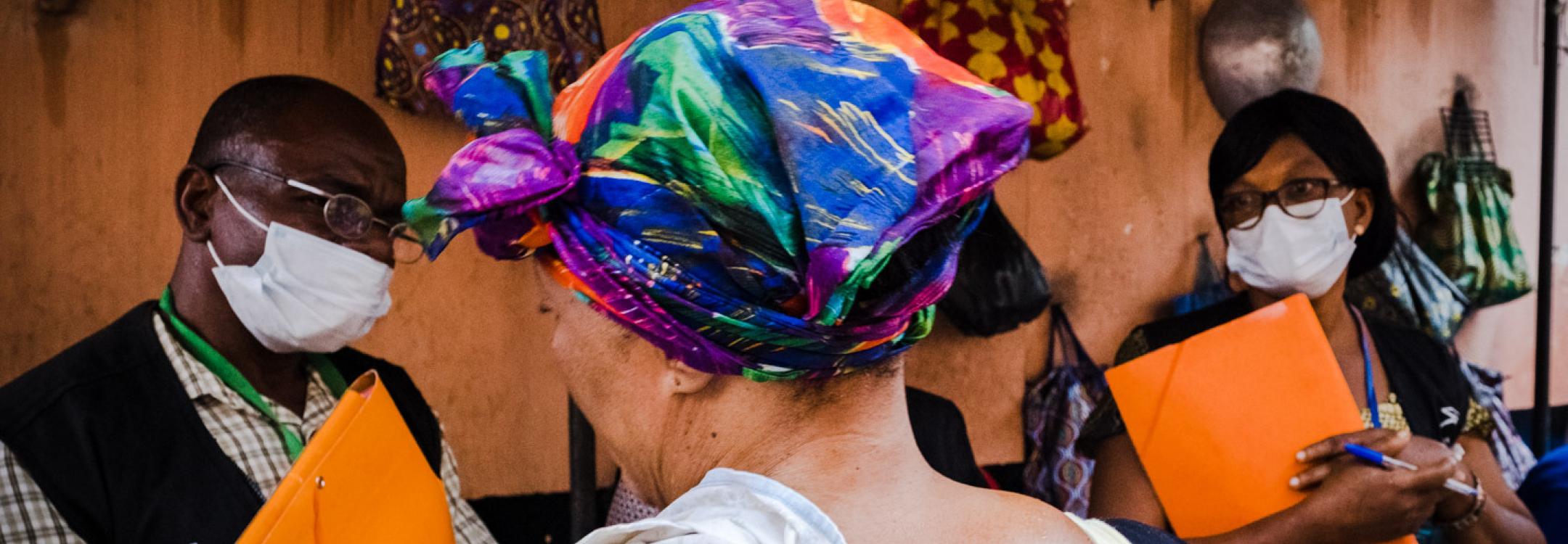Why coordinate with other bodies conducting visits?
The Subcommittee on Prevention of Torture (SPT) has stated that a “NPM should establish sustainable lines of communication [...] with other relevant national and international actors in the field of prevention of torture, including the SPT, and with civil society organisations”.
While keeping in mind the unique role, mandate, and independence of the NPM, coordination can be useful at a technical level and strategically: to maximize the impact of the NPM.
Technical cooperation
Coordination between bodies that visit places of detention will enable each of the bodies to perform their specific role while not duplicating the work of other bodies. Working together should also enhance efficiency and effectiveness. Bodies are able to share, collate, and check information with each other. They can discuss issues, how solutions may be implemented, follow-up on implementation, and advocate for changes. Each body will have its own role and mandate, and be able to contribute to these discussions from their own point of view.
NPMs and other bodies may be able to share information about issues that they are seeing. Exchanging information is particularly important for NPMs who do not have a complaints function. Receiving information about complaints from another body can enable a NPM to identify ongoing issues, aid discussion on which place or places of detention to visit, and contribute to developing the strategy or plan of the NPM. Because they often have access to more information (including person information) than other monitoring bodies, in exchanging information NPMs need to be extremely careful to respect the confidentiality, security, and sensitivity of that information.
Coordinating with other bodies in the follow-up of recommendations may be beneficial. The other bodies may be able to provide information on the implementation of recommendations. When a recommendation is not being implemented they can discuss the reasons why and possible means of ensuring implementation.
When views align they can work together on issues, advocating for changes, and ensuring implementation. Bodies may be able to cooperate to push for implementation of recommendations and rectification of issues together as a coalition. Creating change can be more effective when numerous bodies are advocating for the same or similar recommendations.
Strategic cooperation
Beyond these more technical aspects of cooperation, it is important to underline the strategic benefit for NPMs of working with others. In particular, by targeting other monitoring and inspection bodies through recommendations and dialogue, NPMs can encourage them, over time, to work in a more preventive way.
Influencing the methodology, thematic perspectives and understanding of the importance of torture prevention among other monitoring bodies can make them work in a more torture preventive way. This has an important multiplier effect because specialised monitoring bodies may be more regularly in specific detention environments than the NPM, with its broad mandate covering all types of places.
In many countries, for example, sectors covered by the NPM mandate have dedicated supervisory or inspectorate bodies. Follow-up with such bodies is key to prevention, including by pointing out the weaknesses and strengths of the various supervisory bodies’ focuses and working methods.
The importance of this kind of cooperation has been stressed by a number of NPMs who see other monitoring bodies as both a key source of information as well as a key target of recommendations and advocacy. Among the most sustainable achievements of NPMs may be changes not only in conditions and treatment in detention but also changes in the practices and procedures of other monitoring bodies.
